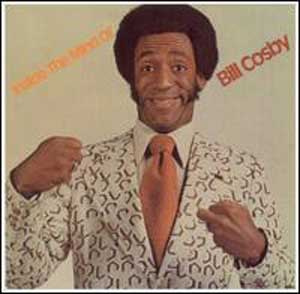 At the heart of the laws on statutory rape in Chicago is the definition of the age of consent. At the moment, the age of consent in this state is 17 years of age. At the federal level, the age of consent is defined as that minimum age at which a person is considered to be legally old enough to agree to participate in a sexual activity. That age is 16 at the federal level, so defending attorneys already need to be wary of conflicts in interpretation. The bottom line is that the state law takes precedence on this, so if you are in Chicago, 17 is the minimum acceptable age for consent to take place. It is important to note that even when explicit consent is provided by the victim, the fact that he or she does not make the minimum age means that he or she is not able to give legal consent.
At the heart of the laws on statutory rape in Chicago is the definition of the age of consent. At the moment, the age of consent in this state is 17 years of age. At the federal level, the age of consent is defined as that minimum age at which a person is considered to be legally old enough to agree to participate in a sexual activity. That age is 16 at the federal level, so defending attorneys already need to be wary of conflicts in interpretation. The bottom line is that the state law takes precedence on this, so if you are in Chicago, 17 is the minimum acceptable age for consent to take place. It is important to note that even when explicit consent is provided by the victim, the fact that he or she does not make the minimum age means that he or she is not able to give legal consent.
A statutory rape charge is brought about based on the age of the victim (and, to an extent, that of the defendant) according to 720 ILCS 5/12-15. It is not really about whether the victims said yes, no, or maybe. It is about their age and whether they were allowed to make those judgements. There are other important provisions in the law that relate to the relationship between the defendant and the victim. If you are in a position of authority or trust (such as a family doctor, priest, boss, etc.), the age of consent in Chicago is raised to 18 years of age. The challenge for the defending attorney is to determine whether the defendant was really in a position of power, authority, or trust. This can be a significant aspect of the defense strategy.
Consequences of a Charge and Conviction
 Chicago Criminal Lawyer Blog
Chicago Criminal Lawyer Blog




